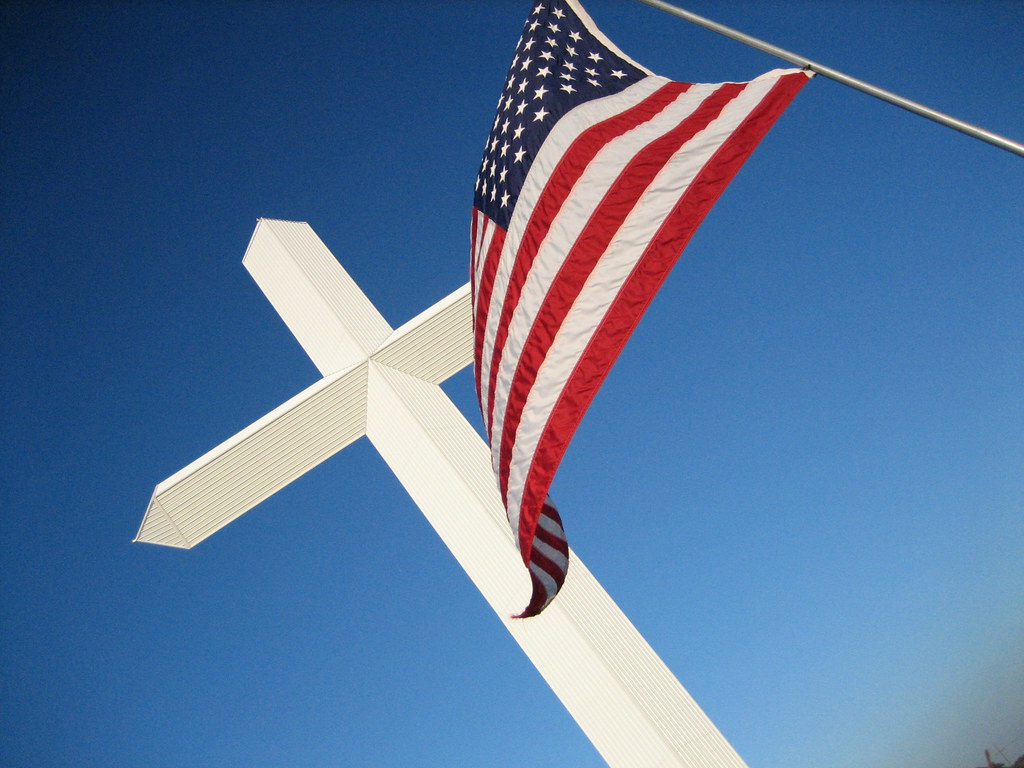Last summer, the recently retired minister Ray Ortlund announced that he had been appointed a canon theologian, a teaching office in the Anglican Church of North America (ACNA). That a recently retired minister who held a PhD and had taught in evangelical seminaries would be appointed to such a role is not terribly surprising, save for one thing: Ortlund has not been an Anglican for a day in his life, nor was the church he attended in any way affiliated with the ACNA, nor, so far as I can tell from publicly available information, did Ortlund have any intentions of moving to an ACNA church.
When he retired, he pastored Immanuel Church, a non-denominational church in Nashville. Prior to that, he had served for a number of years in the Presbyterian Church in America. Nevertheless, Ortlund is now a canon theologian in the ACNA.
Login to read more
Sign in or create a free account to access Subscriber-only content.
Topics:
